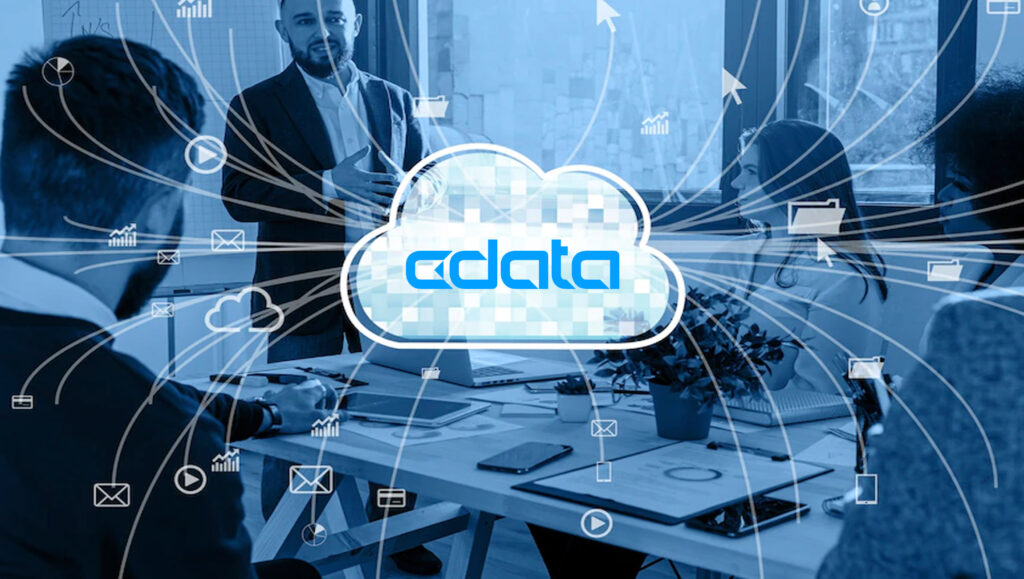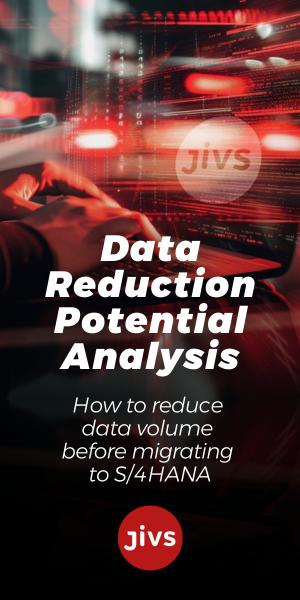Picture this: You’re watching yet another consultant’s PowerPoint presentation extolling the virtues of a “clean slate” ERP migration. “The primary advantage of a greenfield approach is achieving a clean core, eliminating outdated code,” they declare. But here’s the uncomfortable truth lurking beneath those glossy slides: your obsession with starting fresh might be systematically destroying decades of invaluable business intelligence.
While the ERP consulting world champions greenfield migrations as digital transformation’s holy grail, we need an honest conversation about what we’re sacrificing. Sure, greenfield treats migration as completely new implementation, independent of existing systems—but at what cost?
In our rush to embrace the future, we’re committing corporate amnesia on an industrial scale. Your legacy systems aren’t just databases—they’re repositories of institutional memory. Every customization, every workaround, every “outdated” process represents years of learning and market adaptation that can’t be replicated by following SAP’s standard playbook.
Consider the pharmaceutical company that went full greenfield, only to discover their “outdated” batch tracking logic had captured critical quality patterns their new system missed. Or the manufacturer that lost twenty years of supplier performance data because it didn’t fit their new ERP’s standard vendor management module.
The reality? More than 50,000 migrations to SAP S/4HANA are expected by 2027, and most organizations are making these same intelligence-destroying mistakes.
Today’s organizations operate in increasingly decentralized models with distributed teams and complex partner ecosystems. Historical data isn’t just background information—it’s critical intelligence for understanding patterns and making informed decisions across multiple touchpoints. Yet we’re systematically discarding this intelligence because it doesn’t fit predetermined best-practice boxes.
While consultants preach greenfield gospel, Data Migration International’s JiVS IMP platform recognizes a fundamental truth: you can achieve operational benefits without sacrificing data legacy. Their customers—including DuPont, GE, Mercedes-Benz, BMW, ABB, and Phillips 66—rely on JiVS IMP to unlock agility while preserving institutional knowledge.
DMI’s intelligent data strategies deliver significant advantages: legacy systems can be decommissioned with operating costs reduced by 80%, while maintaining 100% compliance and data access. This isn’t about abandoning greenfield benefits—it’s recognizing that binary thinking sabotages data strategy.
JiVS IMP serves as an open platform for AI, APIs, IoT, and big data, providing a unified access point that eliminates the complexity of managing multiple legacy systems. The platform stores legacy data and documents together with their original business context in a secure, audit-proof manner, enabling transparent access to historical information through automated “any-to-any” data migration across SAP and non-SAP systems, which allows AI applications to seamlessly retrieve contextually rich historical data without navigating fragmented legacy architectures.
With support for more than 3,000 pre-configured business objects from various manufacturers and the ability to extract terabytes of information, JiVS IMP enables legally compliant access to historical information in read mode, directly integrating with modern systems like SAP S/4HANA, thereby providing AI systems with comprehensive access to decades of business-critical historical data.
The most successful ERP transformations won’t follow consultant playbooks; they’ll intelligently preserve historical data patterns while embracing modern capabilities. Smart organizations realize their data legacy isn’t technical debt—it’s competitive advantage waiting to be unlocked.
What this means for ERP Insiders
Embrace intelligent data intelligence over binary migration strategies. JiVS IMP enables 80% operational cost reduction and 50% migration effort reduction while guaranteeing compliance and data access. Mercedes-Benz and BMW leverage DMI’s intelligent migration to preserve critical business logic while achieving modern ERP benefits. Tech leaders should audit migration strategies to identify historical data patterns containing competitive intelligence, implementing data archaeology assessments to distinguish technical debt from valuable institutional knowledge.
Invest in hybrid intelligence architectures for long-term competitive advantage. With SAP’s 2027 mainstream ECC support ending, pure greenfield approaches miss opportunities to build hybrid intelligence architectures. DMI achieved double-digit growth in 2019-2020 while customers prioritized cost reductions, proving intelligent data strategies deliver immediate savings and long-term value. Tech leaders should establish data intelligence councils and implement tiered preservation strategies maintaining critical business logic while enabling modern analytics.
Develop data legacy preservation frameworks before system decommissioning. JiVS IMP, trusted by ABB, Alstom, AXA, and Mercedes-Benz, offers cost efficiency and agility by preventing data legacy destruction during transitions. Organizations implementing proper preservation frameworks maintain decades of business intelligence while achieving modernization. Tech leaders should establish governance protocols identifying critical business patterns before they’re lost, creating intelligence roadmaps treating historical patterns as strategic assets rather than migration obstacles.






